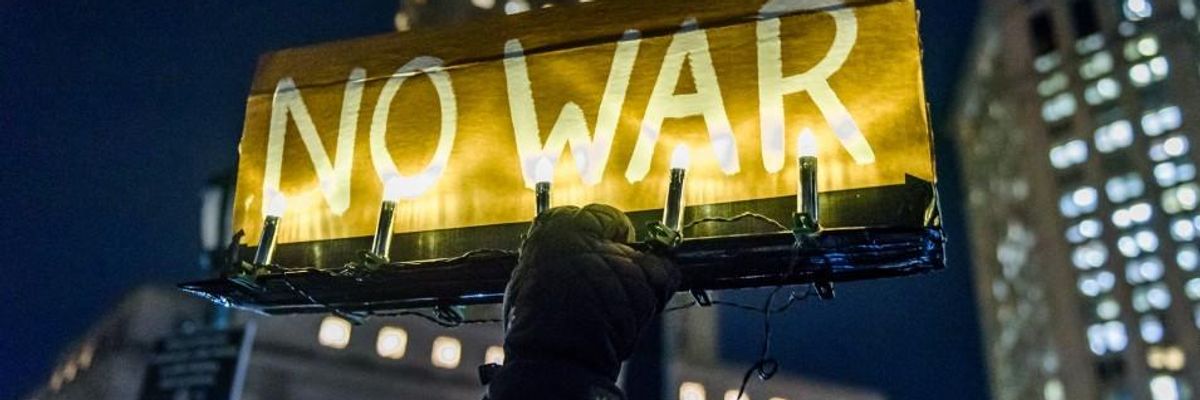United Nations Secretary-General Antonio Guterres warned Wednesday that the coronavirus pandemic "risks exacerbating conflicts or fomenting new ones."
The global crisis makes clear that a "commitment to sustaining peace is more urgent than ever," Guterres said in his remarks to the U.N. Security Council.
But, he said, three barriers are standing in the way to achieving lasting peace, including dwindling public trust in governments and public instituions and the international economic crisis that stands to deepen existing inequality.
Guterres said an additional danger was the "weakening of the social fabric."
"We have seen many peaceful protests, and in a number of countries, Covid-19 has been an excuse for harsh crackdowns and a spike in state repression," he said.
The secretary general further lamented that not all parties heeded his call earlier this year for a global ceasefire in order to focus "on the true fight of our lives," referring to the pandemic.
Going forward, Guterres said, it's imperative policymakers help ensure "that International Financial Institutions--the World Bank, the IMF, and others--integrate sustaining peace as a priority and as a core element of Covid-19 recovery strategies and building back better."
"Covid-19 is a human tragedy," said Guterres, "but we can mitigate the impacts by the choices we make."
The call to "build back better" was echoed by Guterres's predecessor, Ban Ki-moon.
"The experience of this crisis should also spur us to change our priorities and our understandings of what threats and values really matter," Ban said in his remarks to the Security Council.
"I believe the U.N. and its member states have a generational opportunity to use this concept to help build back better, further catalyze greater inclusivity, and steer humanity and our planet towards a more peaceful and sustainable and future," he said.




